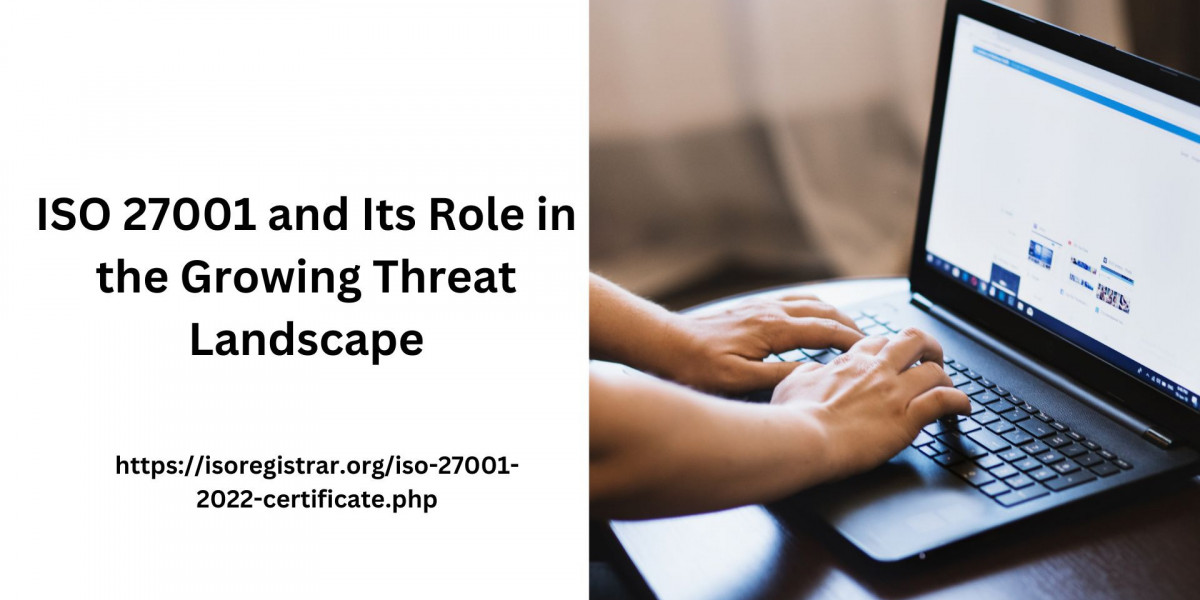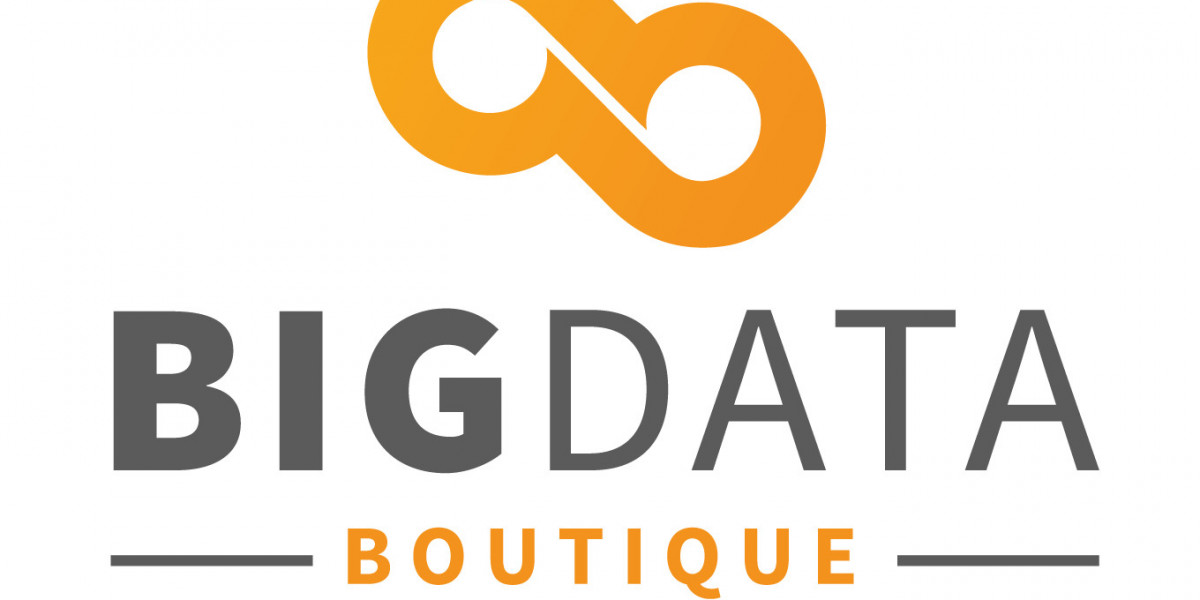In today’s rapidly evolving digital world, the threat landscape is continuously expanding and becoming more sophisticated. Cyberattacks, data breaches, and other security threats are increasingly prevalent, posing significant risks to businesses, governments, and individuals alike. This escalating risk calls for robust frameworks to protect sensitive information, and one of the most widely recognized and effective solutions is ISO 27001 certification.
ISO 27001 is a comprehensive international standard for Information Security Management Systems (ISMS), and it plays a pivotal role in helping organizations mitigate risks and protect their data. As threats continue to evolve, ISO 27001 offers a structured approach to safeguarding data, ensuring that security measures are not only proactive but continuously updated to stay ahead of emerging challenges.
Understanding ISO 27001
ISO 27001 is part of the broader ISO 27000 family of standards, which focuses on information security management. The ISO 27001 standard provides a systematic framework for organizations to manage sensitive information, including data confidentiality, integrity, and availability. It emphasizes a risk-based approach, where businesses assess their security risks, implement security controls to address those risks, and ensure ongoing management and improvement of their information security processes.
The core of ISO 27001 is the creation and maintenance of an ISMS, which defines policies, procedures, and practices for protecting sensitive information. Achieving ISO 27001 certification requires organizations to demonstrate that they have robust controls in place to protect against information security risks and that they are continuously monitoring and improving these controls to adapt to new threats.
The Growing Threat Landscape
The global threat landscape has grown dramatically over the past decade, driven by various factors including technological advancements, globalization, and the increasing reliance on digital systems. The types of cyber threats facing organizations are diverse and evolving, with some of the most prominent including:
Ransomware Attacks:
These attacks involve malicious software that locks users out of their systems or encrypts their data, demanding a ransom for its release. Ransomware attacks have grown in scale and sophistication, with several high-profile attacks on organizations across different industries.
Phishing and Social Engineering:
Cybercriminals increasingly target employees through phishing emails and social engineering tactics, tricking individuals into divulging sensitive information, such as passwords or financial details. This can lead to significant security breaches and financial losses.
Advanced Persistent Threats (APTs):
APTs are prolonged, targeted cyberattacks typically carried out by state-sponsored or highly skilled hacker groups. These attacks aim to steal data or compromise systems over extended periods, making them particularly difficult to detect.
Insider Threats:
Threats from within an organization, whether intentional or accidental, remain a significant risk. Employees or contractors with access to sensitive information may misuse their privilege or inadvertently expose data.
Data Breaches:
Data breaches, whether from hacking or inadequate data protection practices, continue to be a major concern. With stricter data protection regulations like the GDPR, the impact of a breach extends beyond the immediate damage to a company’s reputation, leading to significant fines and legal challenges.
These threats underline the urgent need for organizations to implement comprehensive security measures that are adaptable to the constantly changing landscape of cybersecurity challenges.
The Role of ISO 27001 in Addressing These Threats
ISO 27001 provides an effective framework for organizations to manage and mitigate these growing threats. Here’s how ISO 27001 helps organizations respond to the evolving security landscape:
Risk Management and Proactive Security
ISO 27001 is built on a risk-based approach, ensuring that security measures are tailored to the specific threats an organization faces. By assessing the likelihood and potential impact of various threats, businesses can prioritize security efforts and deploy resources where they are most needed. This proactive approach allows organizations to stay ahead of emerging threats rather than reacting after a breach occurs.
Continuous Monitoring and Improvement
The threat landscape is in a constant state of flux, with new vulnerabilities and attack methods emerging regularly. ISO 27001 emphasizes continuous monitoring and periodic audits to assess the effectiveness of security controls. Through this ongoing evaluation, organizations can identify weaknesses in their information security posture and take corrective actions before they are exploited by attackers.
Incident Response and Business Continuity
ISO 27001 mandates the implementation of an incident response plan, which is crucial for managing the aftermath of a security breach. Whether it’s a ransomware attack, a phishing incident, or a data breach, having a structured response plan ensures that organizations can quickly contain the damage, restore normal operations, and minimize financial and reputational losses. Furthermore, ISO 27001 also covers business continuity, ensuring that organizations can continue to operate even in the event of a major incident.
Legal and Regulatory Compliance
As governments around the world introduce stricter data protection regulations, organizations are under increasing pressure to comply with laws like the General Data Protection Regulation (GDPR), the California Consumer Privacy Act (CCPA), and industry-specific standards. ISO 27001 provides a framework for aligning an organization’s security practices with these regulatory requirements. Achieving certification demonstrates to regulators, customers, and partners that the organization is committed to safeguarding personal data and adhering to legal obligations.
Building Trust with Customers and Stakeholders
As cyber threats intensify, customers and business partners are increasingly concerned about how organizations protect sensitive information. ISO 27001 certification provides a clear signal that a business takes information security seriously. This can significantly enhance customer trust, which is essential for building long-term relationships and maintaining a competitive edge. The certification also improves an organization’s reputation and strengthens its brand as a secure and reliable partner.
Mitigating the Risk of Insider Threats
Insider threats are one of the most challenging risks to address, as they involve individuals who already have legitimate access to an organization’s systems. ISO 27001 requires the implementation of access controls, employee training, and awareness programs to mitigate the risk of insider threats. By defining roles and responsibilities and continuously monitoring employee activities, organizations can detect and prevent malicious or accidental misuse of data.
Process of iso certification
Go to the Website: Visit isoregistrar.org.
Fill Out the Form: Complete the online application form with your business details.
Make the Payment: After submitting the form, you’ll see payment options. Pay the required amount to continue.
Upload Documents: Once payment is done, upload the necessary documents like your GST number, Aadhaar card, PAN card, and invoices. Check the website for any other required documents.
Talk to an Executive: An executive will call you to guide you through the process.
Receive Your Certificate: Your ISO certificate will be emailed to you within 3-5 working days.
Note- Apply for iso 9001 certificate- quality management systems
Conclusion
As the digital landscape becomes increasingly complex and interconnected, the threat environment continues to evolve at a rapid pace. Cybersecurity risks are more diverse, sophisticated, and damaging than ever before. ISO 27001 plays a crucial role in helping organizations tackle these threats, providing a structured and proactive approach to information security management. By adopting the ISO 27001 framework, businesses can mitigate risks, enhance their security posture, and build resilience against both current and emerging threats. In doing so, they not only protect their sensitive information but also foster trust and confidence with their customers and stakeholders in an increasingly insecure world.









